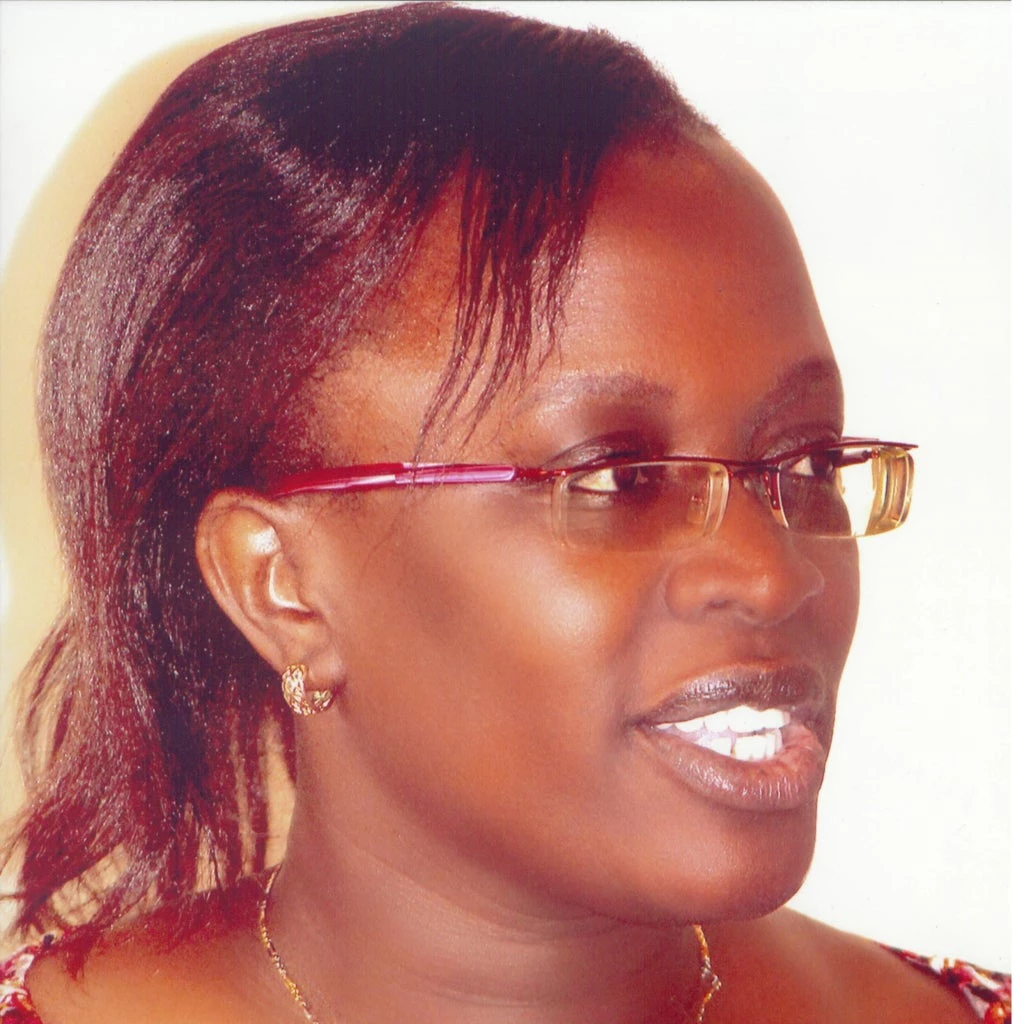It’s almost 3 o’clock in the afternoon, and the sun is sweltering overhead. We’re in Naivasha sub-county, Nakuru County. With exquisite Savannah grassland, Naivasha is renowned for its fascinating bird species that are busily chirping in the trees. It’s a beautiful day, full of promise.
But not for 70-year-old Kamau Njoroge. The day may be nearly over, but he is yet to have even a single meal. “I fear eating because it means that I will need to use the toilet, so I’d rather stay hungry.”
Paralyzed from the waist down, he looks frail but has a surprisingly strong voice. It’s been nine years since an illness that he cannot explain paralyzed him and rendered him dependent on others for all his daily needs, including the most intimate of them–bowel movement.
Since the illness and the ensuing paralysis, a bucket became his toilet–when he was lucky enough to have someone carry him from the bed and hold him over it when he needed to go. More often, though, it was the humiliation of having to soil himself on the bed and then needing someone to clean up after him. His family soon had enough, and everyone abandoned him, including his adult children.
Until December 2017, when the natural leaders within his community, in collaboration with the public health office, presented him with a commode that has made life much easier for Kamau’s caregiver, and restored some dignity to Kamau whenever he needs to “go.”
Naivasha has made unique strides in ensuring equity and inclusion in sanitation. Through its natural leaders and community health volunteers, the sub-county has identified 282 of its population as vulnerable and in need of different sanitation solutions from the general population, to ensure that they are not left out. Those identified as vulnerable include amputees, the visually impaired, the elderly, the physically challenged, pregnant mothers, and others. For this special category of the population, the Naivasha community has come up with simple and inexpensive technological solutions, known as “commodes.” These commodes are seats (or stools) that have been modified by cutting out a latrine shape in the middle of the seat, to allow fecal matter to pass right through and down into a receptacle (often a bucket). The contents of the bucket are then emptied into the family latrine. The wide range in options and price ($5-$30) seeks to accommodate the financial ability of as many users as possible.
Kamau is the beneficiary of one such commode. Having been bedridden for nine years meant that he had no source of income, and so the community came together and presented him with the commode – and went a step further to construct a latrine for the family to ensure that other members stopped sharing latrines with neighbors.
For the caregiver, the commode has eased the burden and the embarrassment of holding Kamau whilst he emptied his bowels. She can now let Kamau use the commode as she goes about other tasks, and only return to clean him and empty the contents.
In seeking meaningful solutions for those unable to use latrines due to illness or other medical conditions, Naivasha went a step further and organized a seminar between physiotherapists and the public health fraternity to better understand how not to worsen medical conditions when transferring persons needing to be moved to use a sanitation facility.
There is also Mwangi, a young 20-year-old, visually-impaired man who came to Naivasha to live with his sister. Being a young man, Mwangi is extremely uncomfortable with having to ask his sister to guide him to the latrine that is located outside their rented accommodation. With her financial struggles, she also cannot employ someone to take care of him. But the community, through their natural leaders, had a solution for Mwangi. Once again, the innovation was simple – a sisal rope running from outside the living room to the latrine. This simple innovation means that Mwangi uses the rope to guide himself into and out of the latrine, freeing his sister and others from having to assist him whenever he needed to answer to the call of nature.
With a high number of its population having adopted latrine usage (146 of its 187 villages have been certified to be Open Defecation Free), Naivasha nevertheless realized that the journey towards true attainment of improved sanitation needed to include the vulnerable population within its midst. Rather than hide this category of its population – who are most often the poorest and the most marginalized – the sub-county sought to embrace them and seek inclusive solutions.
Naivasha’s simple, community-driven initiatives in equity and inclusion continue to draw interest from different quarters around the country. And as others benchmark from them, Kamau, Mwangi and other beneficiaries continue to derive the biggest benefit of all – a restoration of their dignity, daily.


Join the Conversation